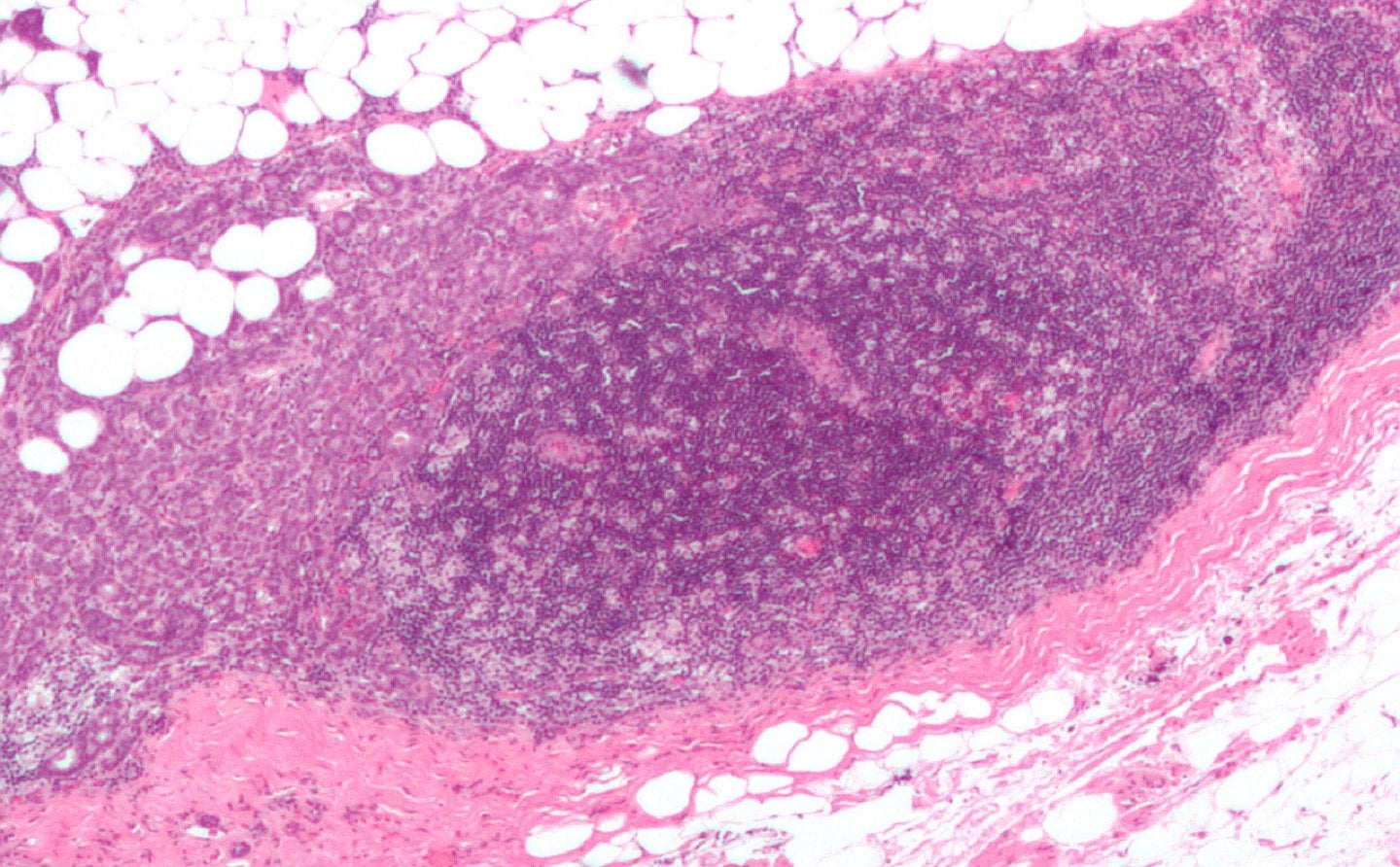
Novartis has announced that the Phase III NATALEE trial of Kisqali (ribociclib) and endocrine therapy (ET) met its primary endpoint of invasive disease free survival (iDFS) at interim analysis.
The open label, multi-centre, randomised, global Phase III trial was designed to assess the safety and efficacy of Kisqali along with ET as adjuvant treatment against ET alone in hormone receptor-positive/human epidermal growth factor receptor 2-negative (HR+/HER2-) early breast cancer (EBC) patients, who are at risk of recurrence.

Discover B2B Marketing That Performs
Combine business intelligence and editorial excellence to reach engaged professionals across 36 leading media platforms.
It is being conducted in partnership with Translational Research In Oncology (TRIO).
According to the findings, Kisqali along with ET significantly reduced the risk of disease recurrence in the adjuvant setting, compared to the standard adjuvant ET alone.
Kisqali plus ET also showed consistent benefit in stage II and III HR+/HER2- EBC patients who are at risk of recurrence, including those with no nodal involvement.
The company stated that the Independent Data Monitoring Committee recommended to stop the trial early as it met the primary endpoint.

US Tariffs are shifting - will you react or anticipate?
Don’t let policy changes catch you off guard. Stay proactive with real-time data and expert analysis.
By GlobalDataNovartis chief medical officer and Global Drug Development president Shreeram Aradhye said: “The positive topline results from NATALEE represent a major milestone in our ambition to expand the benefits of Kisqali to patients with earlier stages of breast cancer, building on the heritage of this effective treatment in HR+/HER2- metastatic breast cancer.
“These data have the potential to be paradigm shifting for patients at risk of recurrence, including those with no nodal involvement, who have limited well tolerated options to prevent recurrence.
“Our teams are working on submissions to health authorities around the world with the hope to bring Kisqali to many more patients diagnosed with breast cancer.”
The company noted that patient follow up will continue to assess the long-term outcomes, such as overall survival, as per the protocol of the NATALEE trial.





